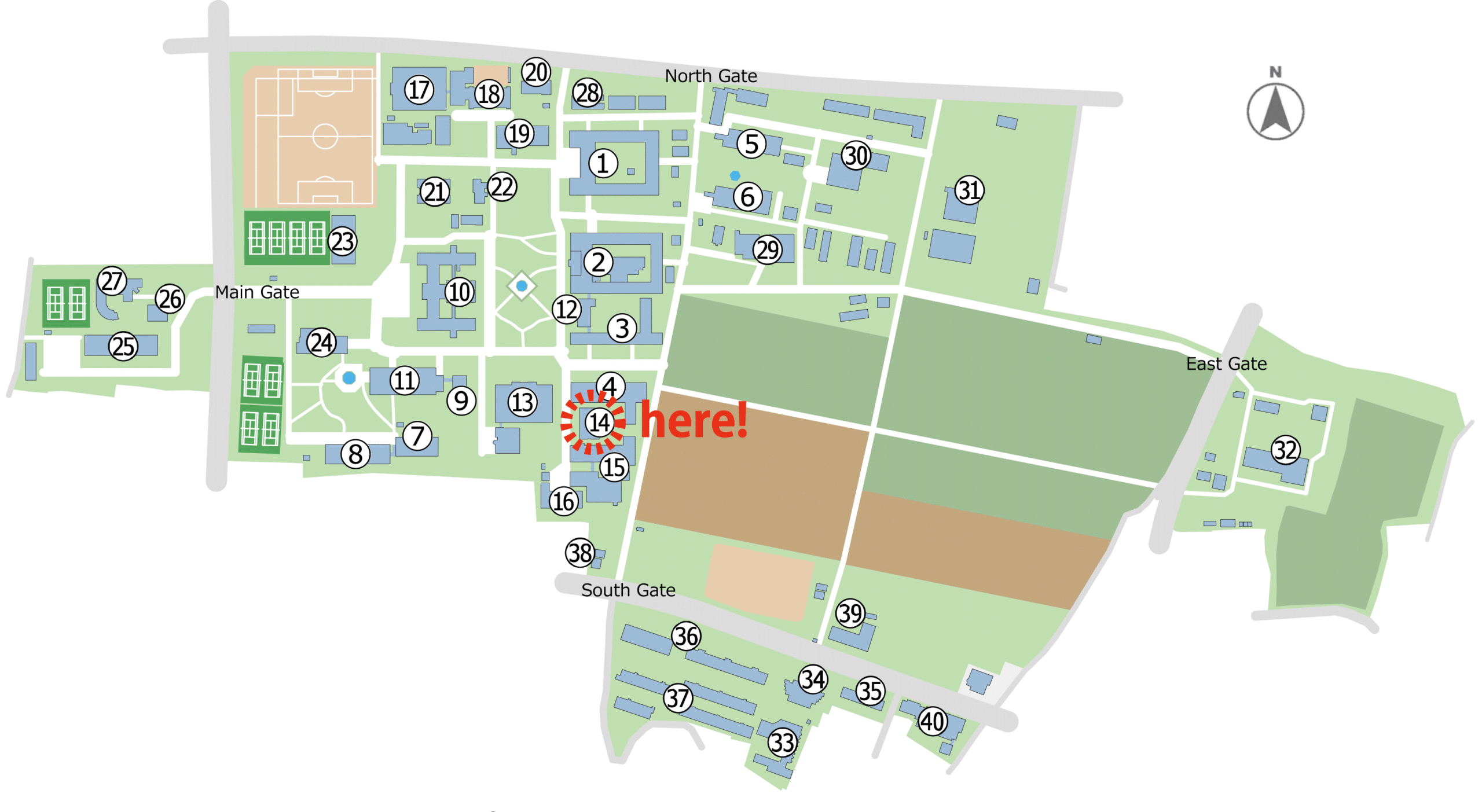【Featured research】
“Don’t leave unknown” pathogen test
The theme song of Doraemon says, “I wish I could do this.” We always like to inspect animals with infectious diseases and identify the pathogens for treatment. However, since there are many types of pathogens that infect each animal, in reality, it is difficult to identify the causative pathogen.
・ A comprehensive PCR method for pathogens that infect cows, pigs, dogs, and cats is created.
・ Now, we are trying to establish the chicken inspection method.
・ We also have a method for unknown pathogen detection system using the next-generation sequencer.
We initially decided to save the cow. We have created a system that can detect 50 pathogens (viruses, bacteria, molds, protozoans) that infect cattle at once by PCR. I thought that if I examine 50 pathogens, I would know which pathogen is infecting the cow. However, the reality is more harsh. The cattle farm site is full of novel viruses. Not all new viruses are highly pathogenic. There are also many viruses with weak pathogenicity. However, we decided to implement a “don’t leave behind” test. That is why we are also discovering unknown viruses using a next-generation sequencer. We asked successive students who belong to the Infectious Diseases Center to establish PCR test methods in order, and now we have test methods for cows, pigs, dogs, and cats. Moreover, now, a doctoral student is establishing a chicken test. These methods are also used by Azabu University and Thailand research institutes and are becoming more popular. Our goal is to make this test a global standard. Furthermore, the name of the diarrhea test method for cattle is dembo-PCR, which is an abbreviation for the detection system of microbes for bovine diarrhea by real-time PCR. We selected a familiar name like “Denbo” that appears in “Ojarumaru,” which was very popular on NHK. Pigs are porcine, so dempo-PCR is used, and dogs and cats are canine and feline, so they have a fashionable name of demCAFE-PCR.
(Joint research: Azabu University, Tottori Prefectural Livestock Hygiene Service Center, Gifu Prefectural Livestock Hygiene Service Center, etc.)






